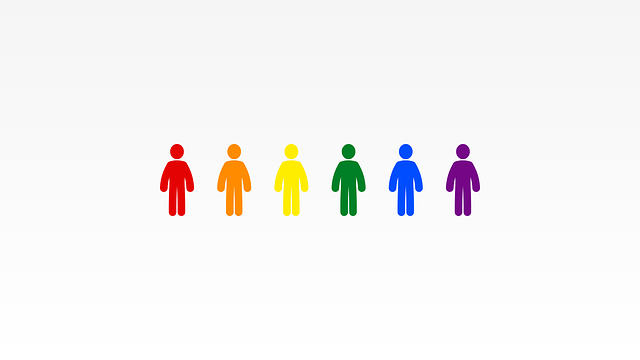Mastering network security fundamentals through threat recognition and robust defenses is crucial for protecting sensitive patient data in healthcare cybersecurity services. Regular audits, real-time monitoring tools, and compliance monitoring ensure continuous vigilance against evolving risks, meet regulations like HIPAA, and enable swift responses to potential breaches. Proactive strategies, such as encryption, access controls, and staff training, are vital to safeguard patient data, maintain trust, and prevent costly cyber threats in today's digital health landscape.
In today’s digital age, securing network infrastructure is paramount, especially in the healthcare sector where data protection is a top priority. Effective network security and compliance monitoring are essential to safeguard sensitive patient information from cyber threats. This article explores fundamental network security concepts, delves into the processes and tools of compliance monitoring, highlights best practices for healthcare data protection, and introduces tailored cybersecurity services to fortify defenses against evolving cyber risks.
Understanding Network Security Fundamentals
In the realm of healthcare cybersecurity services, understanding network security fundamentals is paramount. This involves recognizing potential threats like malware, phishing attacks, and unauthorized access attempts that can compromise sensitive patient data. By implementing robust firewalls, encryption protocols, and regular security audits, healthcare organizations can fortify their digital defenses against these evolving cyber risks.
Effective monitoring of network security and compliance involves continuous vigilance and proactive measures. Healthcare institutions must adopt real-time monitoring tools to detect anomalies, track user activities, and ensure adherence to stringent data privacy regulations such as HIPAA. This proactive approach allows for swift response to security breaches, minimizing potential damage and maintaining patient data integrity in an increasingly connected healthcare landscape.
Compliance Monitoring: Processes and Tools
Compliance monitoring is a vital aspect of network security, especially in highly regulated industries like healthcare. It involves the systematic process of evaluating and verifying that an organization’s IT systems and data handling practices adhere to relevant laws, standards, and internal policies. This process includes regular audits, logging system activities, and comparing actual operations against established compliance requirements.
Healthcare cybersecurity services leverage advanced tools such as security information and event management (SIEM) solutions to automate this monitoring. These tools analyze network traffic, user behavior, and data access patterns in real-time, generating alerts for potential deviations from compliance. By integrating with existing systems and databases, they provide a comprehensive view of the organization’s security posture, enabling proactive identification and mitigation of risks that could lead to costly violations and data breaches.
Healthcare Data Protection Best Practices
In the realm of healthcare data protection, best practices are paramount given the sensitive nature of patient information. With the rise of digital health records and interconnected systems, healthcare organizations are prime targets for cybercriminals seeking to exploit vulnerabilities. Implementing robust healthcare cybersecurity services is not just a regulatory requirement but also a matter of ethical responsibility.
Key strategies include encrypting data at rest and in transit, ensuring access controls and user authentication measures, regularly patching and updating software, and conducting comprehensive security training for staff. Proactive network security and compliance monitoring are essential to detect and mitigate potential threats. By adopting these best practices, healthcare providers can safeguard patient data, maintain trust, and avoid costly breaches that could have severe consequences.
Cybersecurity Services for Optimal Defense
In today’s digital age, where every click and connection contributes to a complex web of data exchange, healthcare organizations face unprecedented cyber threats. Implementing robust healthcare cybersecurity services is no longer an option but an imperative. These services act as a critical defense mechanism against malicious actors who seek to exploit vulnerabilities for financial gain or to compromise sensitive patient information.
By leveraging specialized healthcare cybersecurity services, institutions can fortify their digital defenses, monitor network traffic for suspicious activities, and swiftly respond to emerging threats. This proactive approach ensures that patient data remains secure, systems operate seamlessly, and the organization complies with stringent regulatory requirements, fostering a safe and reliable healthcare environment.
Network security and compliance monitoring are vital components of modern healthcare operations, especially with the increasing reliance on digital infrastructure. By understanding fundamental network security principles, implementing robust compliance monitoring processes, adopting best practices for data protection, and leveraging specialized cybersecurity services, healthcare organizations can fortify their defenses against burgeoning cyber threats. These measures ensure patient data privacy, maintain regulatory adherence, and safeguard critical systems, ultimately enhancing the resilience of healthcare networks in today’s digital landscape.
